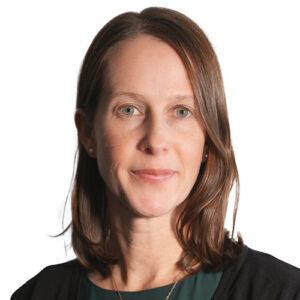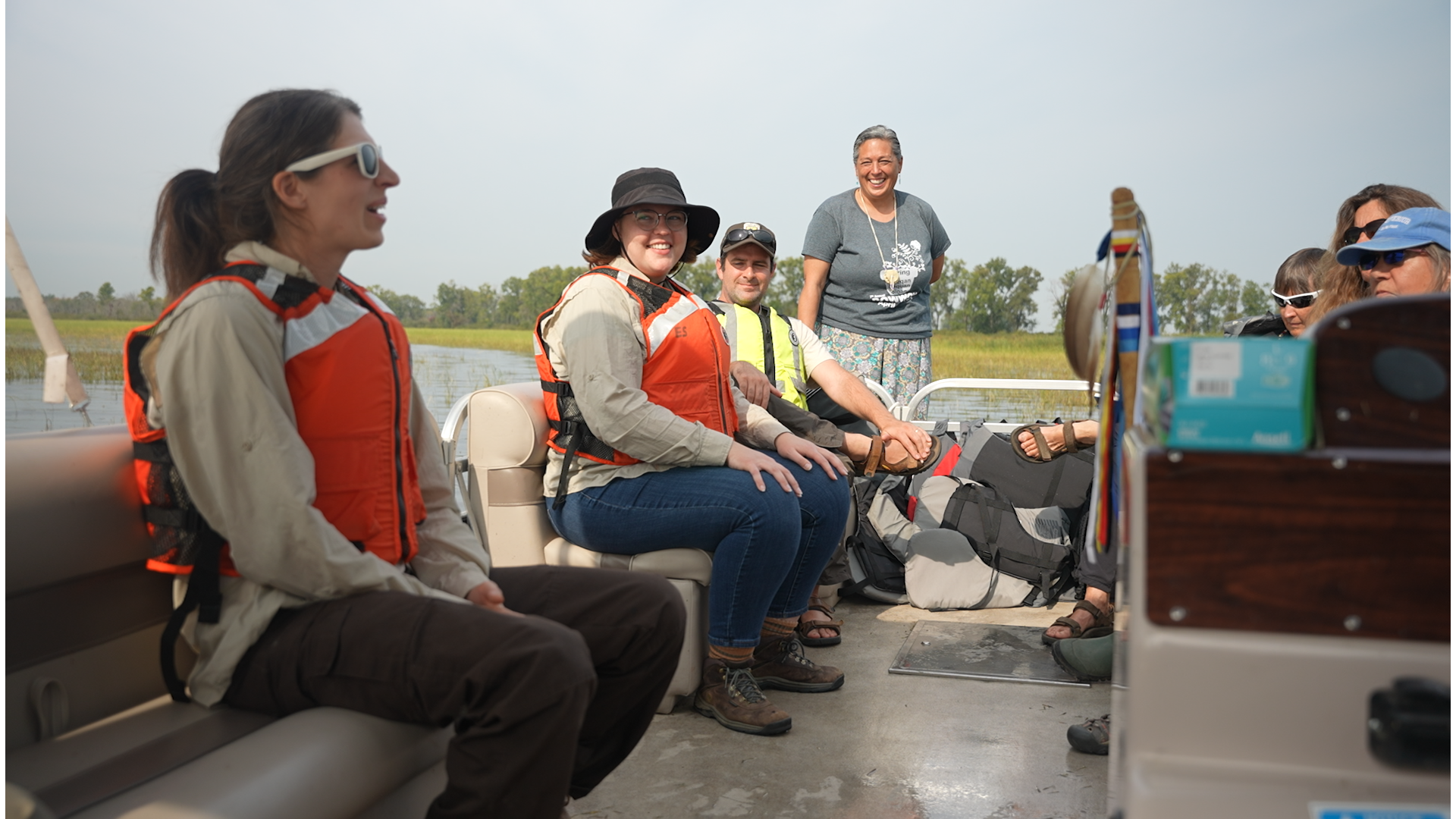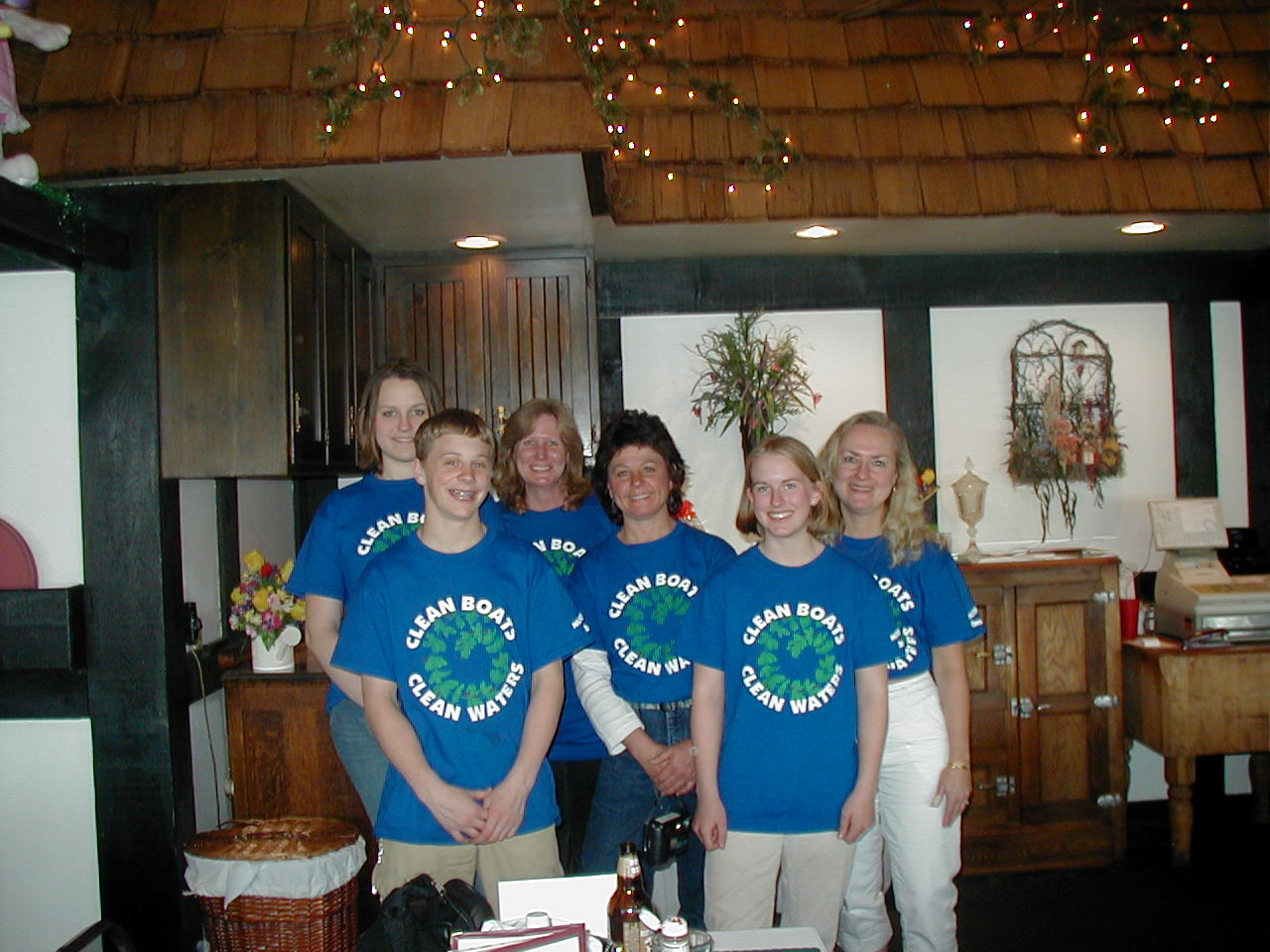The University of Wisconsin Sea Grant College Program today announced the investment of $4.6 million into Great Lakes research, education and outreach for 2024-26.
In that time, Sea Grant will fund 11 research projects and one education project, totaling $2.8 million, along with 46 outreach projects on seven Universities of Wisconsin campuses.

Interim Sea Grant Director calls the Great Lakes a true treasure and praises the investment of research dollars to study them.
“The inland seas and their coastal ecosystems are true treasures. This investment is a critical one as we seek to more deeply understand the Great Lakes, enhance their use and foster conservation,” said Christy Remucal, interim director of Sea Grant. “In a 2022 analysis, the National Oceanic and Atmospheric Administration (NOAA) Office of Coastal Management valued the Great Lakes regional economy at $3.1 trillion. So, for the actual dollar value of the lakes, as well as the perhaps more intangible cultural value, all Wisconsin residents will see a return on investment from this new freshwater-focused work.”
Thanks to funding from Sea Grant, other entities will participate in the research projects—the Wisconsin Historical Society conducting shipwreck research; Great Lakes Indian Fish and Wildlife Commission engaging in microplastics and contaminants research; Mole Lake Sokaogon Chippewa Community determining more efficient ways to cultivate walleye; and governmental bodies, the Wisconsin Department of Natural Resources, Wisconsin Department of Health Services and town of Campbell, on investigations into PFAS in waterways and various questions surrounding the Great Lakes fishery.
Researchers will also look into microbial pollutants on recreational beaches, angler ice safety, creating a tool to measure the levels of microplastics in the Great Lakes, flooding and the 2,000-year-old history of Great Lakes fishing.
In all, nearly 100 scientists, staff and students will be engaged in this work. It is also rewarding, Remucal said, to see new researchers as part of the portfolio. Eight of the 11 projects will be led by scientists who have not previously secured Sea Grant funding.
The participating campuses within the Universities of Wisconsin system are Green Bay and its campus in Manitowoc, La Crosse, Madison, Milwaukee, Stevens Point and Superior.
The NOAA, Department of Commerce, provides funding for this work through the National Sea Grant College Program.





